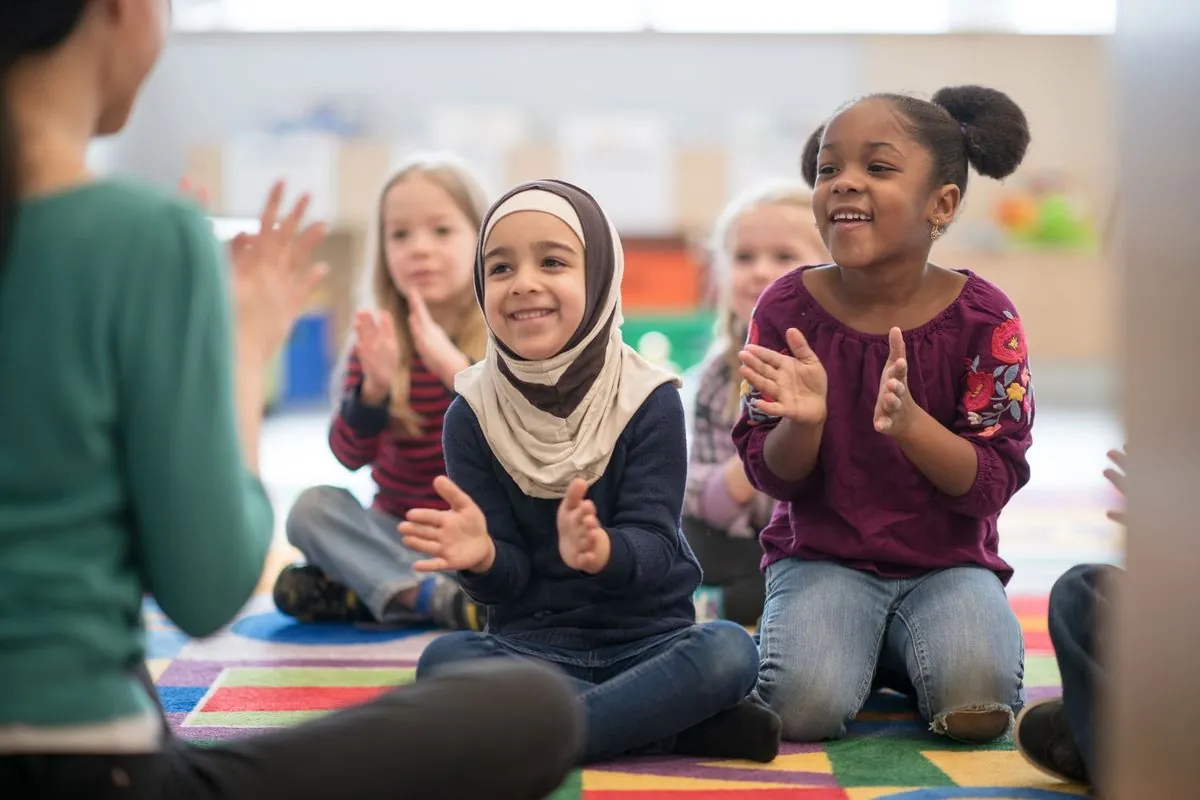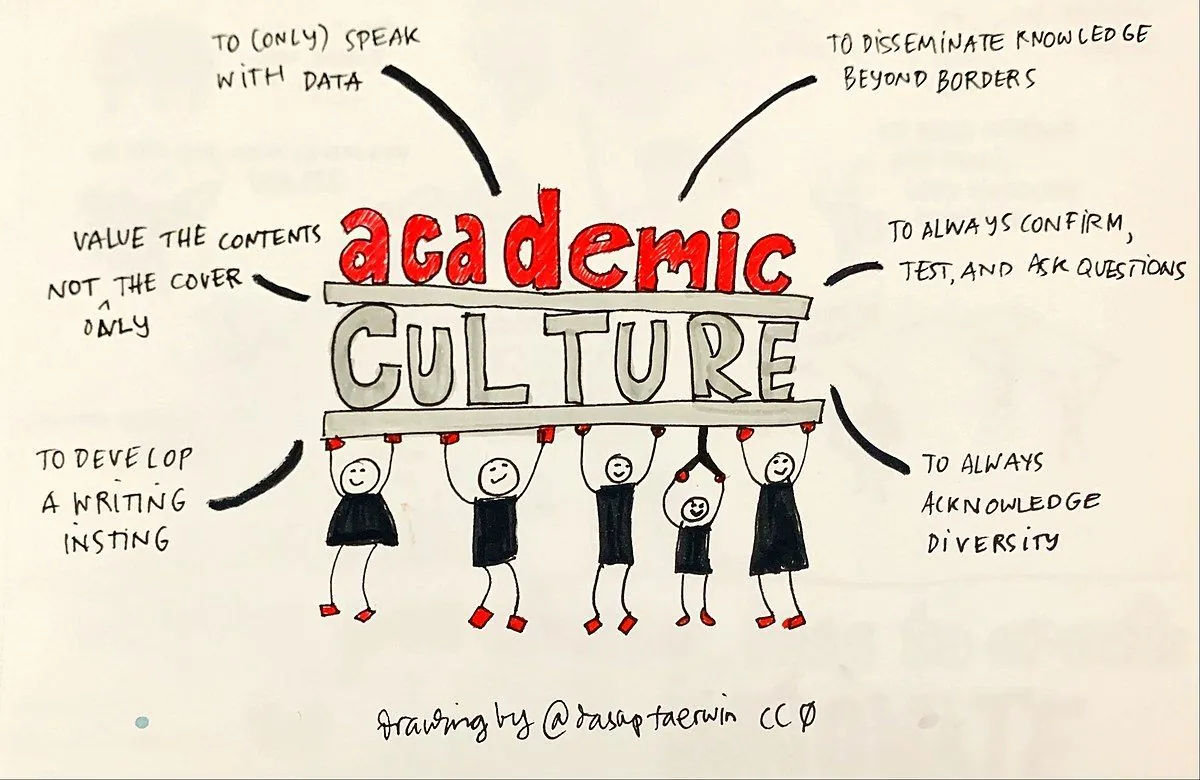Cultural Bias in Child Psychology Tests Sparks Debate
Researchers question the universality of executive function tests, highlighting cultural biases that may misrepresent children's abilities. New approaches aim to develop more culturally relevant assessments.

In a remote Yucatec Maya village, cultural developmental psychologist Suzanne Gaskins conducted a variation of the famous Marshmallow Test, expecting the children to exhibit patience. Surprisingly, the results contradicted her predictions, prompting a reevaluation of traditional executive function tests and their cultural relevance.
Executive function, often likened to air traffic control for the brain, encompasses crucial cognitive skills that develop during childhood. These abilities, which include attention management and goal-oriented behavior, have been linked to academic success and overall life achievements. However, recent research has raised concerns about the cultural biases inherent in standard testing methods.

Gaskins, who has studied Yucatec Maya children for nearly five decades, observed a stark contrast between the children's real-life capabilities and their performance on traditional executive function tests. By age three, Maya children demonstrate remarkable independence, dressing themselves and contributing to household chores. Yet, they struggled with more than half of the standard cognitive assessments.
This discrepancy has led researchers to question whether poor performance on these tests truly indicates cognitive deficits or simply reflects cultural differences. Lucía Alcalá, an associate professor of psychology at California State University at Fullerton, emphasizes:
The debate extends beyond the Maya community. Studies have shown that factors such as poverty, household dynamics, and racial background have been associated with lower executive function scores. However, critics argue that these findings may be normalizing middle-class White children rather than identifying genuine deficits.
Researchers are now developing alternative assessment methods that are more culturally relevant. Gaskins and Alcalá are piloting tests based on real-world tasks, such as matching nuts and bolts while managing water pitchers. These efforts aim to capture children's abilities in a context that aligns with their lived experiences.
The challenge lies in balancing the need for standardized measurements with cultural sensitivity. Stephanie Carlson, a developmental psychologist at the University of Minnesota, argues for maintaining some level of standardization to uncover disparities and inequalities.
As the field of developmental psychology evolves, it's crucial to recognize the cultural context in which cognitive tests were developed. Sabine Doebel, a developmental psychologist at George Mason University, notes the difficulty in identifying one's own cultural biases, especially when part of the dominant culture.
This ongoing debate reflects a broader shift in psychology, challenging the notion of universal cognitive development and emphasizing the importance of cultural context in understanding children's abilities.


































